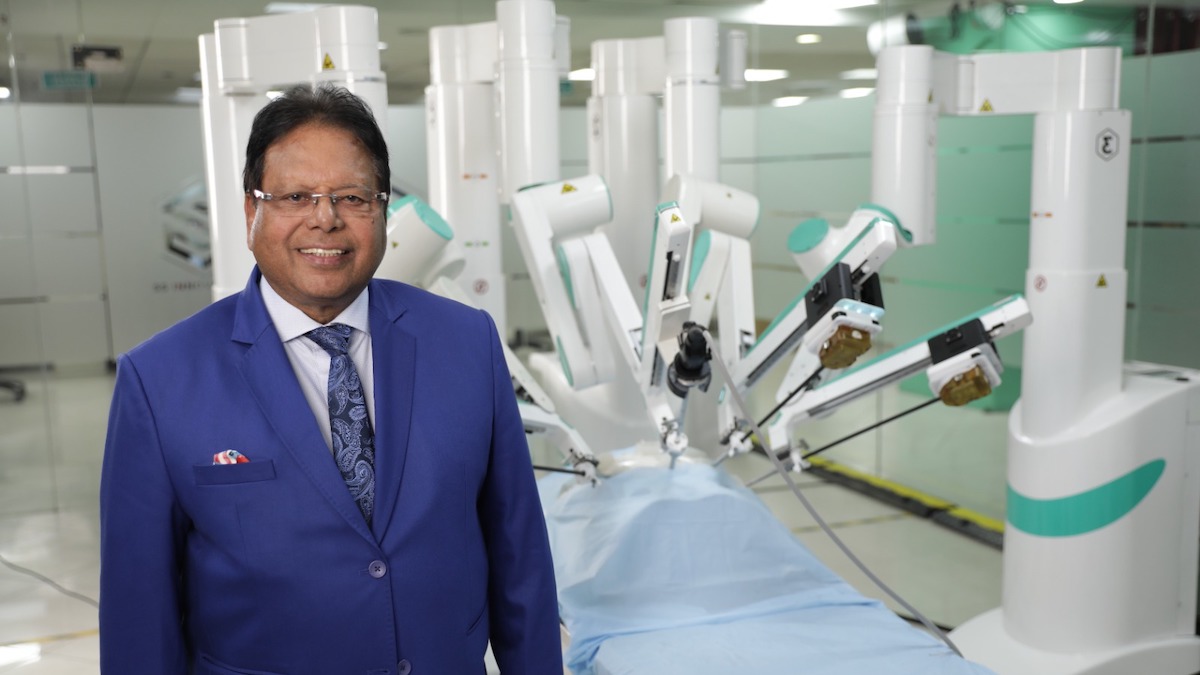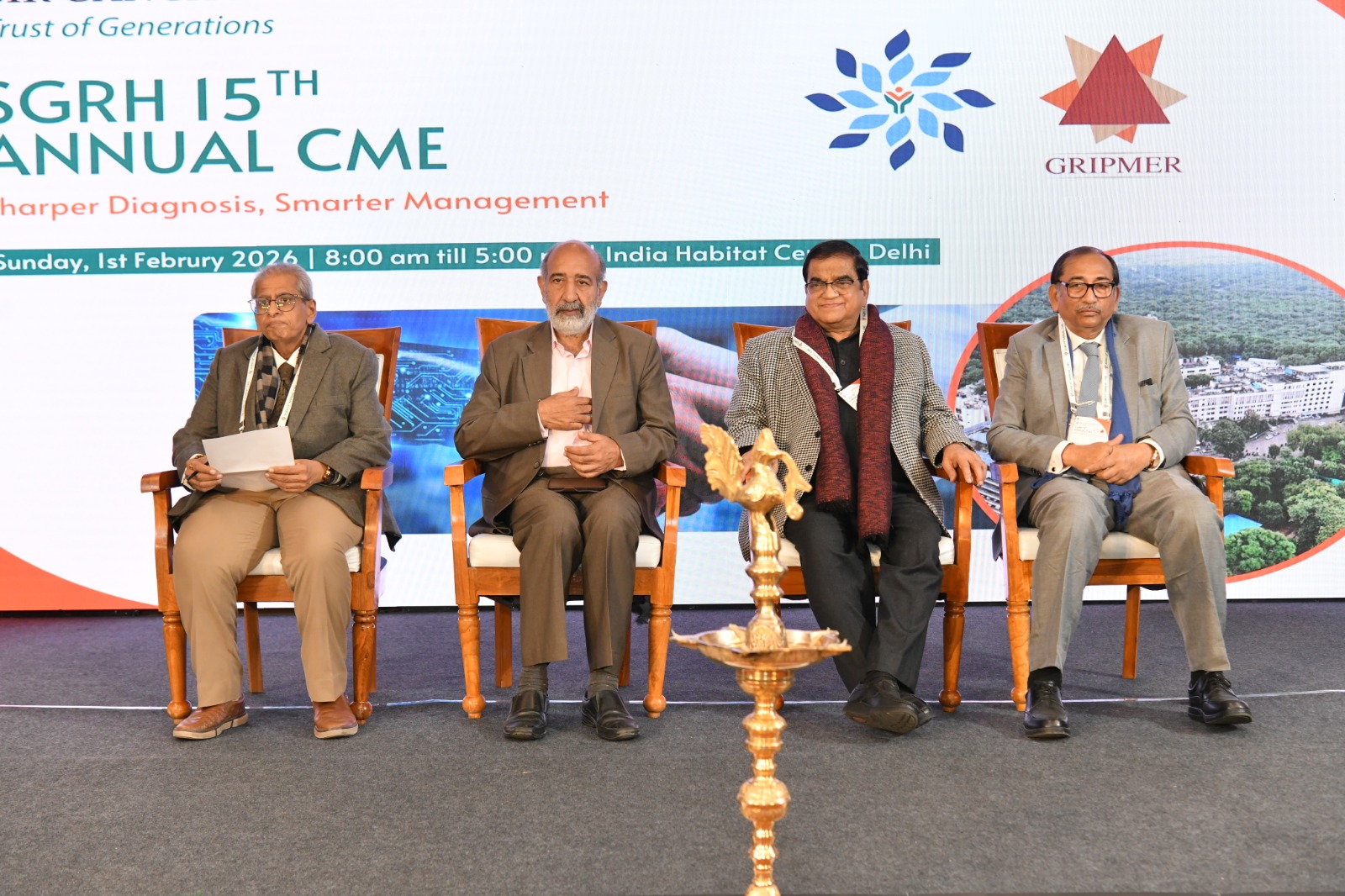 New Delhi: Recognising the critical role of media in dealing with the Covid-19 crisis, which has been declared as a disaster, healthcare communicators have urged media professionals to speak with the authorized people on the COVID-19 preparedness and response plan.
New Delhi: Recognising the critical role of media in dealing with the Covid-19 crisis, which has been declared as a disaster, healthcare communicators have urged media professionals to speak with the authorized people on the COVID-19 preparedness and response plan.
In his address to the Nation, even Prime Minister Narendra Modi appreciated the role of healthcare and media professionals. Media has been aggressively and extensively covering the outbreak and its cascading impact on human lives.
“We are being reached out by the media to give responses/information on preparedness for the COVID-19 pandemic by the private sector providers and diagnostic labs. We understand that media is handling an enormous burden of disseminating the right information to the people of India. However, it is important that we follow Country Preparedness & Response Plan,” said Kulpreet Freddy Vesuna, Founder & MD, Impact PR
The private healthcare sector in India manages 80 per cent of the disease burden and has geared to support the best practices to deal with the situation when rightly engaged.
“On behalf of several Super Specialty Hospitals, We would like to ensure media that we will immediately update on any announcement of any changes in the response strategy and the nature of any preparedness & response interventions,” added Kulpreet Vesuna.
“Currently there is a lot of panic and uncertainty surrounding the Coronavirus, one thing however is certain: medical professionals are working incredibly hard and are the only ones standing between COVID19 & the Nation”, emphasized Kulpreet Vesuna
COVID19 is a new virus and experts are still doing research, the source is still unknown.
The World Health Organisation (WHO) has laid out a strategic preparedness & response plan and all countries need to stay on course with that.
India has been very quick in adopting the plan and implementing too. However the magnitude of the population, no one knows how the virus is going to emerge. The country is presently at Stage 2 and contagiousness at the community level has not begun. The healthcare infrastructure can be prepared till that time to cope up if the virus reaches the highest level before it gets contained.
According to healthcare experts and communicators, the best way to contain and control the virus is self-hygiene and social distancing, other than this there is no prevention, vaccine or treatment available. The virus can be mild, which can be dealt with being treated and being quarantined. The severe & critical ones can lead to pneumonia and can be fatal.
The WHO and the affected countries are collaboratively working to deal with the Covid-19 crisis. The main purpose is to reduce avoidable deaths and illness due to COVID-19 and tailored access to health measures against the outbreak.
There are three main objectives to deal with the crisis
- Rapidly establishing internal coordination and operational support
- Scaling up country readiness & response plan
- Accelerating priority research & innovation







